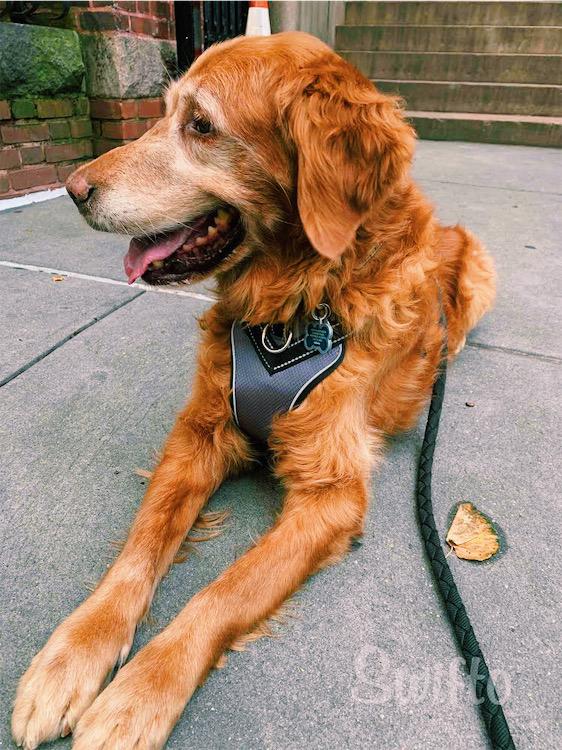Having your dog happily greet you everyday is one of the many reasons why we love dogs so much. Your dog’s ability to remember you as their best friend and owner is why he greets you with such excitement. Aside from remembering who we are, do our dogs remember short-term things? Do they remember the treats we give them? The times they chew up the couch?
Dogs have a very different system for storing, processing, and recalling memories. Dogs do not have a significant short-term memory, so they most likely don’t remember all the times they destroyed our homes. This doesn't mean, though, that dogs aren’t capable of remembering things, because they do, just in a different way.
Humans have the ability to store and remember vivid and explicit memories due to our episodic memory. This type of memory helps us recall events that occurred at specific times throughout our lives. Episodic memory allows us to reflect, remember, and relive these moments. Dogs, though, do not have an episodic memory. They have something called an associative memory, which means they remember events based on associations, and not actual memories. For example, if you put on your sneakers before taking your dog for a walk, your dog will be excited every time you wear them. Your dog then associates those sneakers with going on a walk. Associations work in the other direction as well. For example, if your dog hates going to the vet, he will be fearful every time he goes in the car because he knows he’s going to a place that he doesn’t like. This allows your dog to associate going in the car with going to the vet.
Changing these associations is possible. We have to work to replace the negative, with positive associations in order to see improvement. One way to ease your dog’s car anxiety is to sit in the back with him without the engine on. Bring his favorite toy and some treats to calm him down. Play with him for about ten minutes until you see improvement and calmness. Drive your dog to a place he loves, and not the vet. Taking him to the dog park will help him associate the car with things he likes, which will then help to diminish the negative associations. Keep in mind, though, that negative associations remain in your dog’s memory far longer than positive ones. Anxious and fearful memories can still be diminished, just more gradually than positive ones.
Associations also form through scent. A dog’s sense of smell is extremely powerful and allows him to remember certain things far better than humans can. Ever wonder why dogs are used by police enforcement to sniff out drugs or weapons? Hearing, as well as smelling, serves as an important factor in associating events. Dogs can hear things that humans cannot which is what makes them so valuable in rescue search teams. Search dogs are recruited because they can hear people buried under collapsed buildings or injured due to a disaster.
A dog’s associative memory highlights the philosophy to “live in the moment”. We can learn from dogs, as they don't (…and can’t) hold onto the past and live each day to the fullest. Your dog should make you remember the importance of living in the present and accepting the past.


